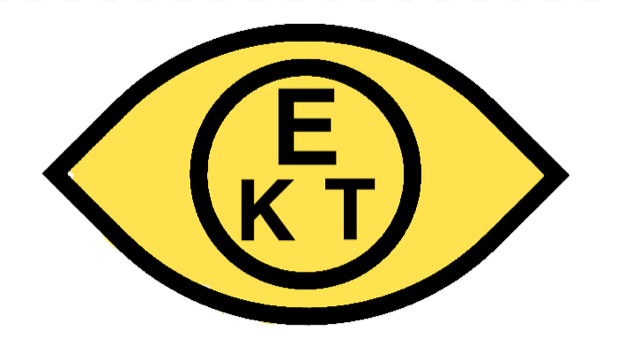
Cataracts

What are Cataracts?
Cataracts occur when cloudy patches develop in the clear lens inside your eyes, stopping light from reaching the back of the eye, and causing blurred or misty vision. Cataracts are very common – the main cause of impaired vision worldwide. In England and Wales, it is estimated that around 2.5 million people aged 65 or older have some degree of visual impairment caused by cataracts.
What are the common causes of Cataracts?
Most cataracts develop when ageing or injury changes the tissue that makes up your eye's lens.
- Smoking
- A family history of cataracts - there are genetic disorders that cause other health problems which can increase your risk of cataracts
- Regularly drinking excessive alcohol
- A poor diet lacking vitamins
- Lifelong exposure of your eyes to UV light
- Taking steroid medication over a long time
- Previous eye surgery or injury
- Certain health condition such as diabetes
What are the symptoms of Cataracts?
- Blurred, misty or cloudy vision
- Seeing haloes (circles of light) around bright lights such as car headlights or street lights
- Problems with glare especially when driving at night
- Difficult to see dim or very bright light
- Bright lights maybe dazzling or uncomfortable to look at
- Colours may look faded or less clear with a yellow or brown tinge
- You may have double vision
- You may have small spots or patches where your vision is less clear
Cataracts develop over years so symptoms will first be unnoticeable. They often develop in both eyes although each eye maybe affected differently.
Cataracts are not painful and do not make your eyes irritated or red.
If you have cataracts your prescription for your glasses or contact lenses will change more often than usual.
Please note: some of these symptoms could be caused by other problems such as diabetes or glaucoma so if you do notice any problems with your vision you should make an appointment with an optometrist.
- If your cataracts are mild, you may need a stronger prescription readers
- Bright reading light
- Over time your cataracts will worsen (this happens over years) so you will eventually need treatment. The only affective treatment is cataract surgery. This is will only be recommended your loss of vision has a significant effect on your daily activities such as driving or reading. Your optician can refer you for treatment with a ophthalmic surgeon who can confirm the diagnosis and plan your treatment.
How can I prevent Cataracts?
No studies have proved how to prevent cataracts or slow the progression of cataracts. But doctors think several strategies may be helpful, including:
• Have regular eye examinations. Eye examinations can help detect cataracts and other eye problems at their earliest stages.
• Choose a healthy diet that includes plenty of fruits and vegetables. Adding a variety of colourful fruits and vegetables to your diet ensures that you're getting many vitamins and nutrients. Fruits and vegetables have many antioxidants, which help maintain the health of your eyes. Studies haven't proved that antioxidants in pill form can prevent cataracts. But, a large population study recently showed that a healthy diet rich in vitamins and minerals was associated with a reduced risk of developing cataracts. Fruits and vegetables have many proven health benefits and are a safe way to increase the amount of minerals and vitamins in your diet.
• Wear sunglasses. Ultraviolet light from the sun may contribute to the development of cataracts. Wear sunglasses that block ultraviolet B (UVB) rays when you're outdoors.
• Reduce alcohol use. Excessive alcohol use can increase the risk of cataracts.
• Quit smoking.









